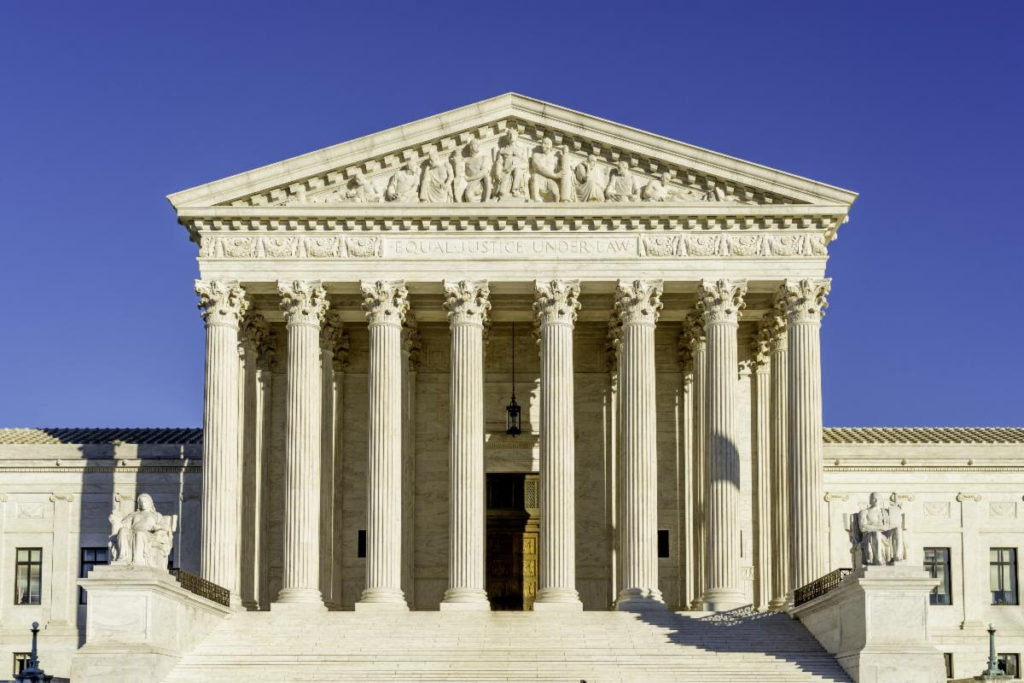 A federal court in Florida has held that the Federal Aviation Administration Authorization Act (FAAAA) preempts a negligence claim by a shipper against a broker for stolen goods. The case was brought by the shipper’s insurer, Aspen American Insurance Co. (Aspen), which claimed that transportation broker Landstar Ranger, Inc. (Landstar) should be responsible for a motor carrier that stole a truckload of Otterboxes, seeking over $500,000 in damages, plus punitive damages, fees, and costs. Our firm, representing Landstar, argued that the negligence claim was preempted by Congress when it prohibited states from enforcing laws that relate to the service of a broker with respect to the transportation of property.
A federal court in Florida has held that the Federal Aviation Administration Authorization Act (FAAAA) preempts a negligence claim by a shipper against a broker for stolen goods. The case was brought by the shipper’s insurer, Aspen American Insurance Co. (Aspen), which claimed that transportation broker Landstar Ranger, Inc. (Landstar) should be responsible for a motor carrier that stole a truckload of Otterboxes, seeking over $500,000 in damages, plus punitive damages, fees, and costs. Our firm, representing Landstar, argued that the negligence claim was preempted by Congress when it prohibited states from enforcing laws that relate to the service of a broker with respect to the transportation of property.
Aspen argued that Landstar sought “dismissal of the claims against it based upon its utterly reckless actions which directly contributed to the commission of a felony.” It complained that without the negligence claim against Landstar, Aspen would have no recourse for its loss.
Judge Brian J. Davis agreed with Landstar and held that the FAAAA expressly preempts negligence claims against brokers that concern the service of the broker. He noted that Aspen’s assertion that Landstar was negligent in arranging the carrier was “directly related to the movement of property, namely the lost goods.” Therefore, the Court found that Aspen’s claims were preempted by the FAAAA. The judge also wrote that the “safety exception” to the FAAAA did not apply here because the claim was focused on stolen goods and not on bodily injuries (state negligence claims may be brought against brokers in certain circumstances for negligent hiring or negligent selection in the context of bodily injury cases). On this basis, the court dismissed the case.
This is an important decision for transportation brokers, and one for the industry to note in general. Without FAAAA preemption of state-based claims, brokers, freight forwarders, and motor carriers would find themselves entwined in a patchwork of all 50 states’ laws in the performance of their businesses. FAAAA allows transportation providers along the vertical to privately contract their rights and remedies, and it prohibits (with little exception) states from passing or enforcing laws that impact the interstate transportation business. Parties to transportation arrangements are sophisticated and able to agree to liability protections through insurance coverages and contract, which is not preempted by FAAAA.
Taylor Johnson litigation attorneys Kristen MJ Johnson and John Marchione obtained the favorable ruling from Florida’s Middle District. A link to the opinion in Aspen American Insurance Company, Tessco Technologies Inc., v. Landstar Ranger Inc., Case No. 3:21-cv-578, can be found here.
If you would like to speak with one of our transportation lawyers about this topic, please contact us.
